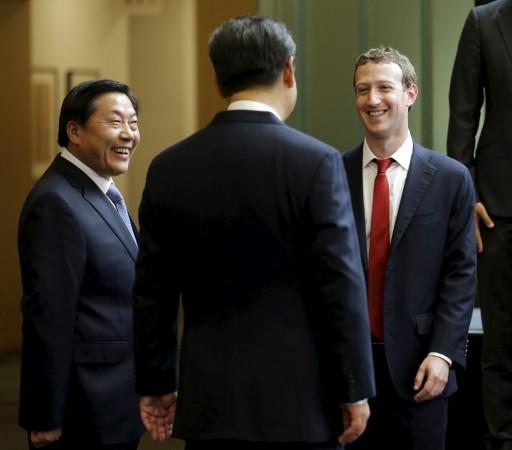
China provides a huge market for social media giant, Facebook and the Menlo Park headquartered company is bullish about entering Chinese markets. But companies have to comply with Chinese Internet censorship laws. And Facebook is reportedly working on a new censorship tool for the Chinese market, the New York Times reported on Tuesday.
Facebook has been testing the tool internally, which could pave way for its entry into Chinese markets. The new tool will censor posts before they appear, Washington Post reported.
Facebook said that it has been interested in China for a long time but did not answer if it has created a censorship tool, as reported in the media.
"We have long said that we are interested in China, and are spending time understanding and learning more about the country," Facebook spokeswoman Debbie Frost said in a statement.
"However, we have not made any decision on our approach to China. Our focus right now is on helping Chinese businesses and developers expand to new markets outside China by using our ad platform," she added.
China offers internet companies with a huge market of people who are online, but China's internet is tightly regulated by the state in what is known as the Great Firewall. Users can still access Facebook in China via virtual private network (VPN), which lets users to spoof their real location and avoid internet restrictions.
Facebook has been banned in China since 2009 but Facebook CEO Mark Zuckerberg has made several trips to Beijing and had even kept a book by President Xi Jinping on Chinese governance when Lu Wei, China's former Internet czar toured Facebook headquarters in 2014.
But China has not shown signs it may relax the Facebook ban.
Other big US technology companies like Google and Twitter too were blocked. Google had to pull out of China in 2010 following hacking incident from China and directing its Chinese traffic to the uncensored Hong Kong version of its search engine. But companies like LinkedIn and Evernote have made the necessary changes to comply with the regulations on internet in China.
Meanwhile, the three major companies, Google, Facebook and Twitter conform to censorship laws of other countries and block content that is against the law of the land when it gets a take down content request.
Every year these US companies publicly reveal the number of take-down requests it has received by various governments.















